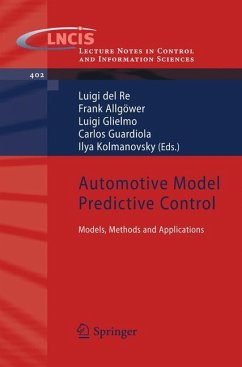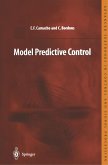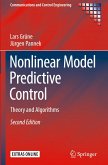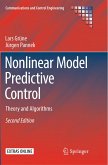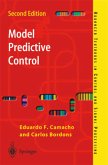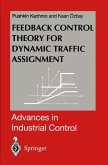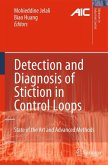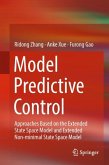The proceedings of the Automotive Model Predictive Control: Models, Methods and Applications workshop investigates whether constrained predictive control is reasonable in automotive control and what is necessary for its application. The workshop, held at the University of Linz on 9th - 10th February 2009 brought together workers from academia and industry from three key automotive branches: modeling, control and the application. The workshop included three keynote presentations, each of them contributing to the solution of an essential question.
- Which problems in automotive applications need constrained optimal control?
- Models of emissions for modern engines for model based control?
- Industrial methods and requirements for control schemes?The results of testing control strategies on a dynamical engine test bench give a feeling for the necessary computing power, the model plant mismatch, etc. and thus for the real application of control laws in production cars.
Automotive control has developed over the decades from an auxiliary te- nology to a key element without which the actual performances, emission, safety and consumption targets could not be met. Accordingly, automotive control has been increasing its authority and responsibility - at the price of complexity and di?cult tuning. The progressive evolution has been mainly ledby speci?capplicationsandshorttermtargets,withthe consequencethat automotive control is to a very large extent more heuristic than systematic. Product requirements are still increasing and new challenges are coming from potentially huge markets like India and China, and against this ba- ground there is wide consensus both in the industry and academia that the current state is not satisfactory. Model-based control could be an approach to improve performance while reducing development and tuning times and possibly costs. Model predictive control is a kind of model-based control design approach which has experienced a growing success since the middle of the 1980s for "slow" complex plants, in particular of the chemical and process industry. In the last decades, severaldevelopments haveallowedusing these methods also for "fast"systemsandthis hassupporteda growinginterestinitsusealsofor automotive applications, with several promising results reported. Still there is no consensus on whether model predictive control with its high requi- ments on model quality and on computational power is a sensible choice for automotive control.
- Which problems in automotive applications need constrained optimal control?
- Models of emissions for modern engines for model based control?
- Industrial methods and requirements for control schemes?The results of testing control strategies on a dynamical engine test bench give a feeling for the necessary computing power, the model plant mismatch, etc. and thus for the real application of control laws in production cars.
Automotive control has developed over the decades from an auxiliary te- nology to a key element without which the actual performances, emission, safety and consumption targets could not be met. Accordingly, automotive control has been increasing its authority and responsibility - at the price of complexity and di?cult tuning. The progressive evolution has been mainly ledby speci?capplicationsandshorttermtargets,withthe consequencethat automotive control is to a very large extent more heuristic than systematic. Product requirements are still increasing and new challenges are coming from potentially huge markets like India and China, and against this ba- ground there is wide consensus both in the industry and academia that the current state is not satisfactory. Model-based control could be an approach to improve performance while reducing development and tuning times and possibly costs. Model predictive control is a kind of model-based control design approach which has experienced a growing success since the middle of the 1980s for "slow" complex plants, in particular of the chemical and process industry. In the last decades, severaldevelopments haveallowedusing these methods also for "fast"systemsandthis hassupporteda growinginterestinitsusealsofor automotive applications, with several promising results reported. Still there is no consensus on whether model predictive control with its high requi- ments on model quality and on computational power is a sensible choice for automotive control.

